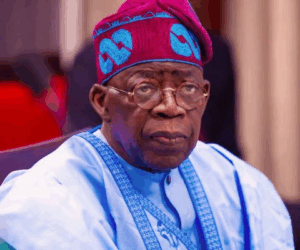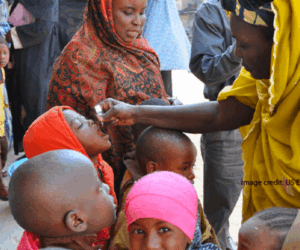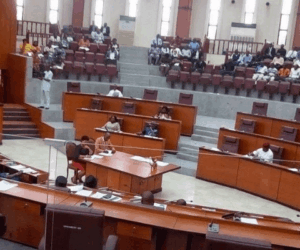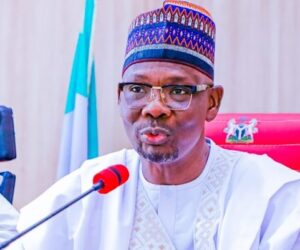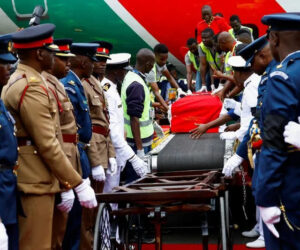The government of Ghana has declared its support for the Trans-Africa Tourism and Unity Campaign — a continent-wide initiative pushing for a borderless Africa and visa-free movement across all regions.
Launched in Accra yesterday, the campaign seeks to raise awareness about African unity while highlighting the economic opportunities that could flow from deeper regional integration.
Speaking at the event, Julius Debrah, Ghana’s chief of staff, described the campaign as “a journey to unite Africa,” adding that the removal of visa restrictions would open up new markets, spur trade and boost development. He praised the organisers for championing what he called “an important and timely cause,” reaffirming that the government fully backed the vision of free movement across the continent.
Read also:Historic road trip across Africa to push for visa-free travel by 2030
The driving force behind the campaign, activist Ras Mubarak, laid out the scale of the mission: a 163-day road trip spanning 40,000 kilometres and 600 hours of driving through multiple African countries. Along the way, the campaigners will meet heads of government, hold press briefings and deliver letters urging states to adopt visa-free policies.
“This journey is about urging Africans to see ourselves as one people with one destiny,” Mubarak said. “With a population of 1.4 billion and a combined GDP of $3.4 trillion, Africa can become one of the world’s largest markets — but only if we remove barriers and allow free movement of people and goods.”
Read also:U.S. Mission in Nigeria mandates visa applicants to disclose five-year social media activity
He lamented that Africa continues to lose opportunities by relying heavily on imports from outside the continent. Pointing to Lagos — a city of 30 million people — he argued that Ghana alone could create thousands of jobs by producing food for that vast market. He cited Zambia’s poultry industry and Morocco’s fertiliser exports as further proof that Africa already has the capacity to meet many of its own needs, but is held back by disjointed trade and restrictive visa policies.
Mubarak also stressed the human cost of current barriers, particularly for young people. “It is often easier for an African to travel to Europe than to another African country,” he noted. “For someone in Southern Africa, getting to West Africa can be harder than getting to Turkey. That must change.”
Read also: Top 10 countries for remote work ranked by visas, taxes, and living costs
While the African Union has set 2063 as the target for a borderless Africa, Mubarak argued that the continent cannot afford to wait that long. “We want to see a borderless Africa within the next five years, and it is possible. Other regions have done it, and we can too.”
The campaigners called on civil society, the media and the wider public to join the push, saying that broad grassroots support will be crucial to realising the vision of a united Africa.



